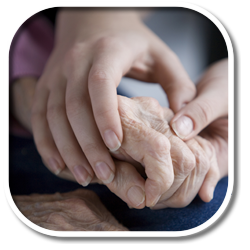
Psychological factors
- Unresolved traumatic experiences
- Previous history of depression
- Damage to body image
- Fear of death
- Frustration with memory loss
- Difficulty adjusting to stressful or changing conditions
- Substance use
Environmental factors
- Loneliness, isolation
- retirement
- Being unmarried
- Recent bereavement
- Lack of a supportive social network
- Decreased mobility doe to illness or loss of driving privileges
Physical factors, including genetics
- Inherited tendencies toward depression
- Co-occurring illness (e.g. stroke etc)
- cerebrovascular changes
- B-12 deficiency
- Chronic or severe pain
Personality characteristics
- Low self-esteem
- Extreme dependency
- pessimism
Medications
- Some pain medicines (eg codeine)
- Some drugs for high blood pressure (propanolol)
- Hormones (Oestrogen, progesterone, prednisone)
- Some heart medications (digoxin)
- Anticancer and immune suppressing agents (cyclosporin, tamoxifen)
- Some drugs for Parkinson’s disease (levodopa)
- Some drugs for arthritis (indomethacin)
- Some tranquilizers/anti-anxiety drugs (diazepam)
- Alcohol
Often health care workers will use an holistic approach, explicitly seeking to consider the biologic, psychologic and social predisposing and precipitating factors for the presentation.
